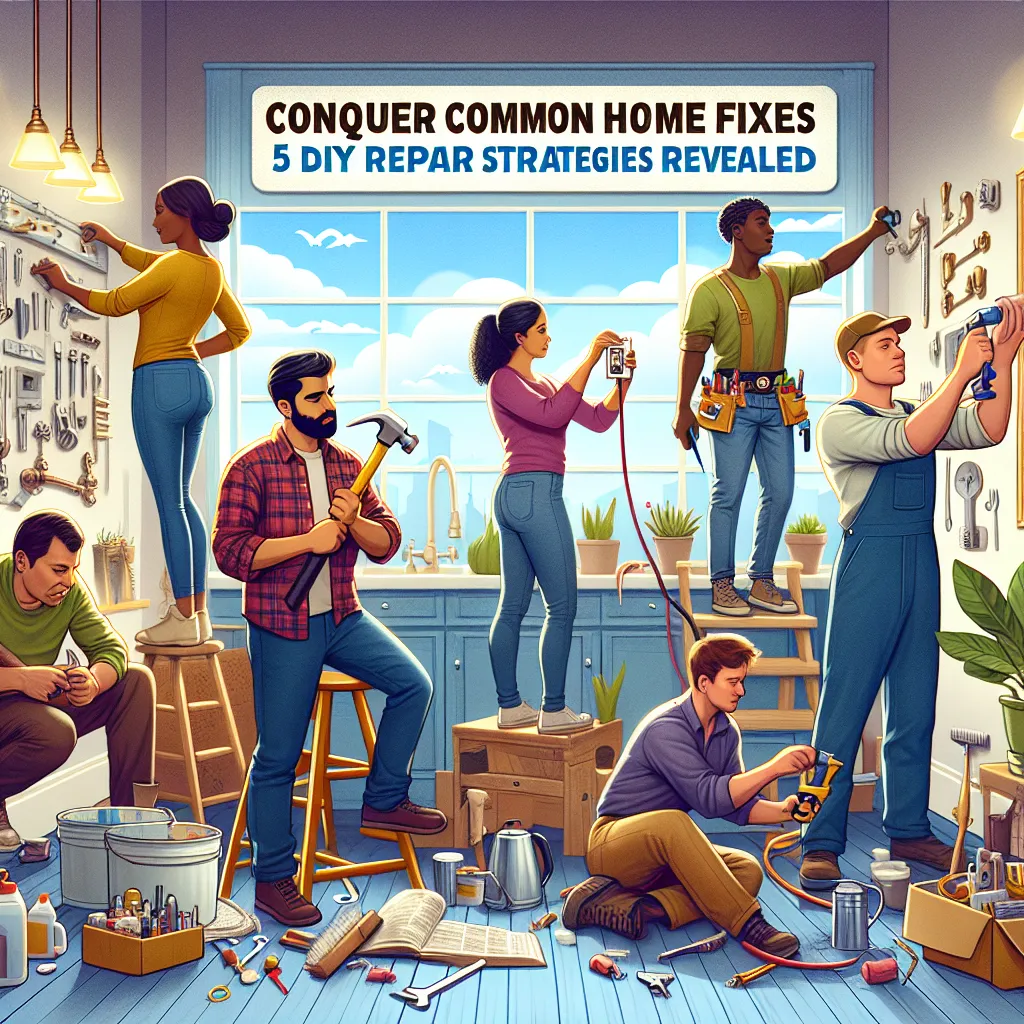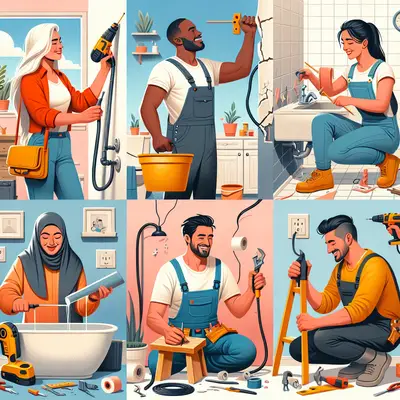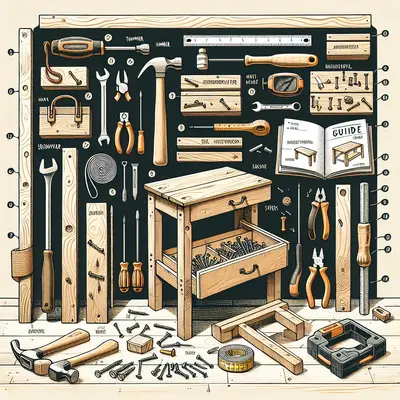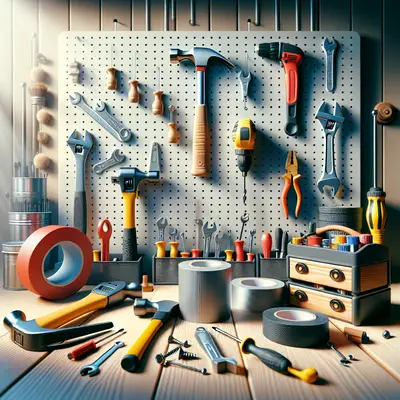From squeaky doors to a leaky faucet, we'll guide you through the steps to fix common issues without calling in a professional. So roll up your sleeves, it's time to conquer those pesky home repairs!
Strategy 1: Fixing a Squeaky Door
A squeaky door can be an annoying issue. But, don't worry, the fix is simple. All you need is a can of WD-40 or a similar lubricant. Apply a generous amount to the hinges while moving the door back and forth to help work the lubricant into the nooks and crannies. Wipe away any excess with a cloth, and say goodbye to that irritating squeak!
Strategy 2: Unclogging a Slow Drain
If your sink or shower drain is running slowly, there's a good chance it's clogged with hair or soap buildup. Instead of buying expensive drain cleaners, try a hand auger or a drain snake. Simply push the tool down the drain, twist it to catch the clog, and pull it out. Repeat until the drain runs clear.
Strategy 3: Repairing a Leaky Faucet
Dealing with a leaky faucet? Most of the time, a worn-out washer is to blame. First, shut off the water supply. Then, remove the handle of the faucet and the packing nut, which will reveal the stem. Remove that as well and you'll find the washer. If it's damaged or worn, replacing it should stop the leak.
Strategy 4: Patching a Small Hole in the Wall
Small holes in drywall can be fixed with some spackle and a putty knife. Apply the spackle to the hole, smooth it with the knife, and let it dry. Once dry, sand it down until it's flush with the wall. Then, all you have to do is paint over it to match your wall.
Strategy 5: Stopping a Running Toilet
A running toilet can waste a lot of water. Usually, the culprit is a faulty flapper. To replace it, first shut off the water supply to your toilet. Then, remove the lid from the tank and flush the toilet to drain the water. Remove the old flapper and replace it with a new one. Turn the water supply back on, and your toilet should stop running!
Conclusion
We hope these DIY repair strategies empower you to tackle common home issues with ease. Remember, the key to successful DIY repair is patience and preparation. So, take your time, gather your materials, and you'll conquer these home fixes in no time. Happy repairing!



